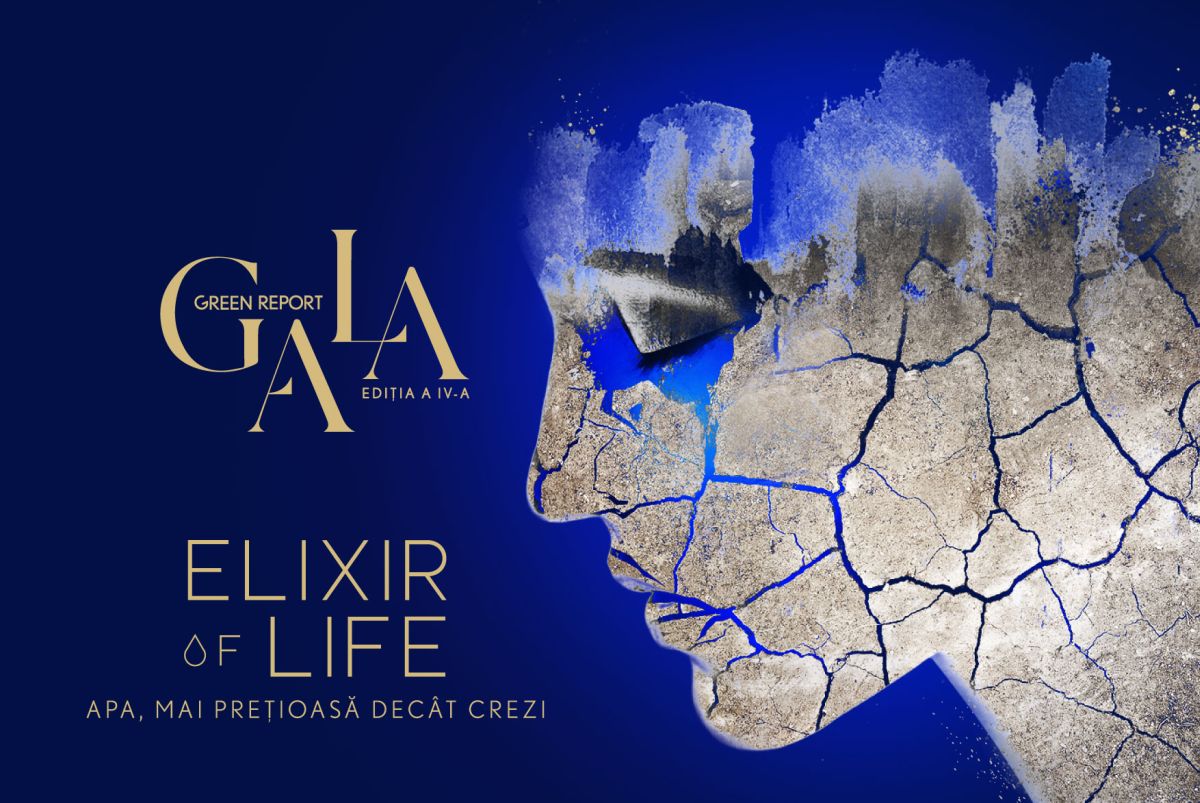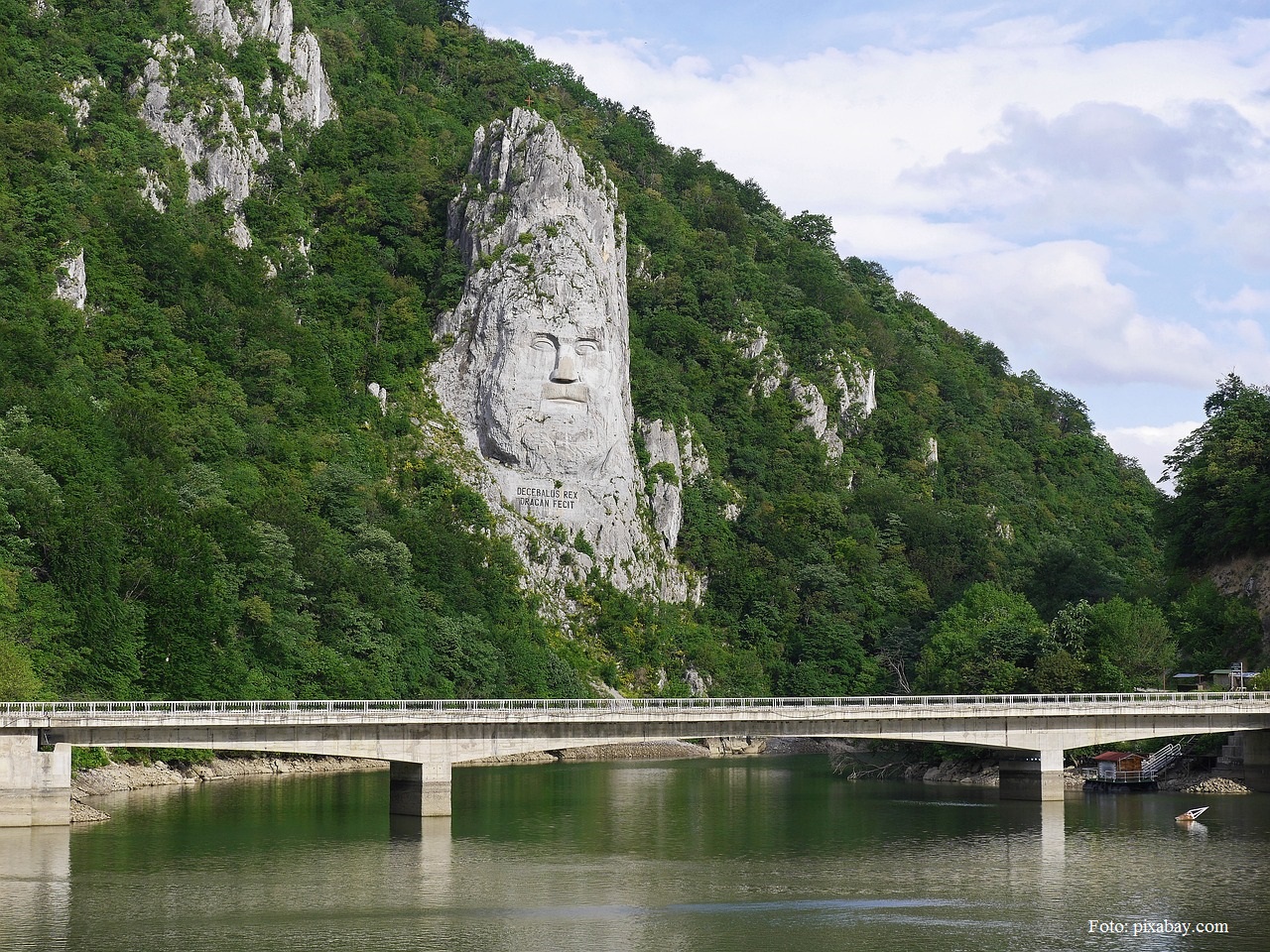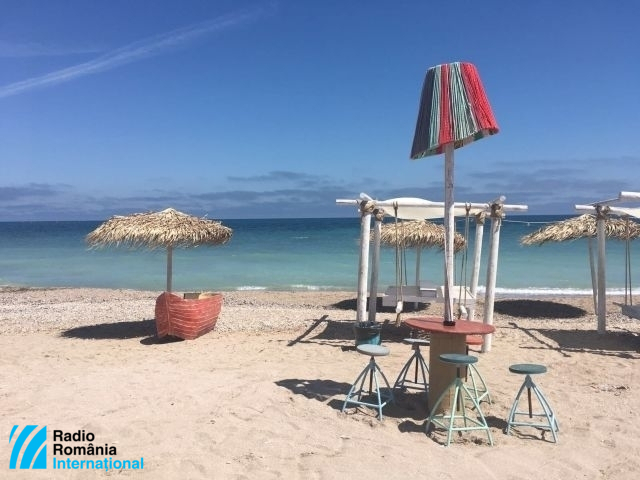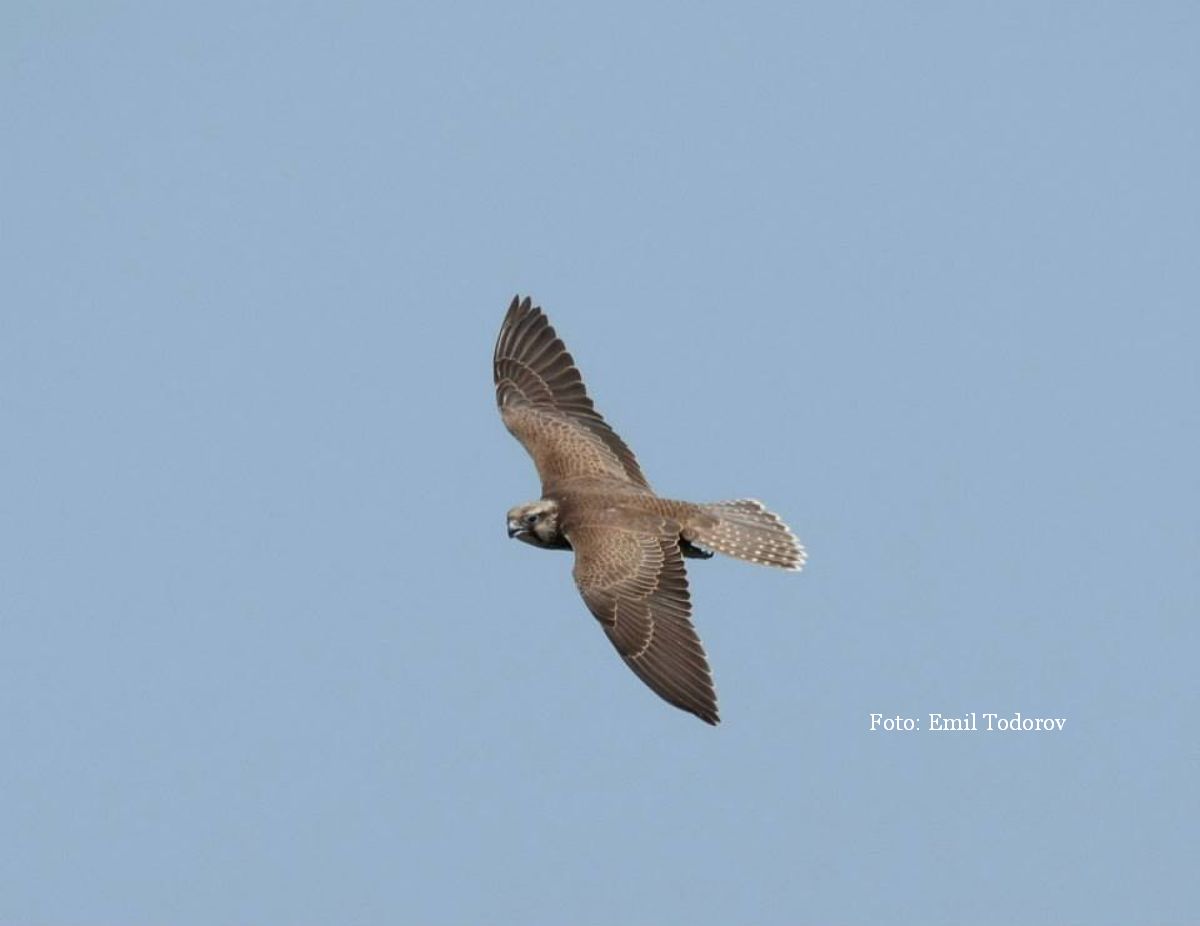The 2014 Living Planet Report
According to the 2014 Living Planet Report, the world's wild fauna dropped by over 50%.
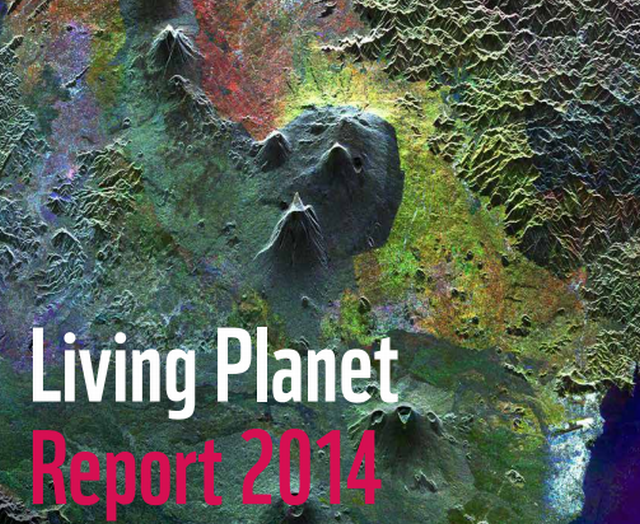
România Internațional, 31.10.2014, 13:53
The world’s wild fauna dropped by over 50%, according to the 2014 Living Planet Report, issued by the World Wildlife Fund. At the same time, we live and consume as if we had two planets at our disposal, as mankind consumes over 50% more than the planet can sustain. The study shows that the worst threat against biodiversity is the combined weight of habitat loss and degradation. Add to this fishing and hunting, as well as climate change. Magor Csibi, director for WWF Romania, said:
“Unfortunately, in the last forty years, since the Living Planet report has been issued, diversity on our planet is continually shrinking. At the same time, our footprint on the planet expands, our consumption goes up from one day to the next, and we are not doing anything to have a healthy planet. At this point, the population of fish, birds, mammals, amphibians and reptiles went down by 52% in the last 40 years, meaning that more than half of our planet’s living things have been destroyed these past years. Looking at fresh water species, 76% of them, more than three quarters, have been lost these past 40 years. It is frightening, and if we look at our consumption trends, we can see that right now we live as if we had at our disposal another half of Earth. We consume as much as one Earth and a half would be able to produce.”
The Living Planet Report shows that only protected areas properly managed can sustain wild fauna. One example would be the growth in the number of tigers in Nepal, after the International Union for Nature Conservation listed them as an endangered species. Generally, in protected areas only half as many individuals of a species disappear, compared to unprotected areas. The report warns that man destroys animal populations all over the planet, including the oceans. Marine populations have declined by almost 40% between 1970 and 2010, species like the sea tortoise, sharks, and migratory birds like the albatross. The report also shows that the critical decline in biodiversity is worse in tropical areas. Here is Magor Csibi once again:
“The greatest losses are in the areas under economic pressure, mostly South America, Africa and South East Asia. We should not take these figures as absolute figures, because if we look at the last 40 years we can see that even Europe is on a trend towards higher consumption. However, Europe right now has rising biodiversity, slightly, but let us not forget that Europe and the other continents, including our country, put pressure on South America, Africa and South East Asia for resources we need.”
If we look at the ecological footprint, the pressure that people put on ecosystems, there is a great gap between countries. There are countries that consume much more than the planet can support, such as Arab and very developed countries, the US, Sweden, Belgium and Denmark, and then there are countries that don’t consume even half of what the planet can provide. Romania has a small footprint because of the collapse of big industry, according to Magor Csibi:
“Romania is a little below average, Romanians as a group consume what 1.4 planets would provide. Romania has the smallest carbon footprint in the EU, but that, unfortunately, is not due to a strategy for sustainable development, but rather to the collapse of industry after 1989. Industry has not recovered, and right now there is no coherent strategy to integrate sustainability in all branches, for instance transportation and construction; in many areas, there is no such thing as an ‘environmental’ element, or one that is very feebly implemented.”
The Living Planet Report shows that over 200 watersheds that provide water for 2.5 billion people are facing shortage at least one month a year. The authors of the report also suggest expanding protected areas, conserving or regenerating forests, proper water management, protecting species, or rebuilding wetlands. In their opinion, an international agreement for reduced carbon emission industries is essential, considering that the use of fossil fuels is the most important factor in increasing the ecological footprint.

